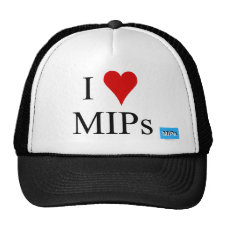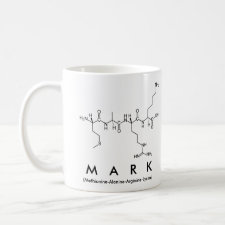
Authors: Vaughan AD, Zhang JB, Byrne ME
Article Title: Enhancing therapeutic loading and delaying transport via molecular imprinting and living/controlled polymerization.
Publication date: 2010
Journal: AIChE Journal
Volume: 56
Issue: (1)
Page numbers: 268-279.
DOI: 10.1002/aic.11949
Abstract: This work demonstrates for the first time molecular imprinting using a "living/controlled" polymerization (LCP) strategy to enhance template loading/affinity and delay release in weakly crosslinked gels. Two gel systems were studied: poly(DEAEM-co-HEMA-co-PEG200DMA) gels imprinted for diclofenac sodium and poly(MAA-co-EGDMA) gels imprinted for ethyl adenine-9-acetate. Experimental evidence confirms that template diffusion coefficients within imprinted gels can be heavily influenced by template binding affinity. Recognition studies revealed significant increases in template loading/affinity with large increases in loading for LCP, and dynamic template release studies showed that imprinting via LCP extends the template release profile by twofold over that of imprinting via conventional free-radical polymerization techniques and fourfold over the control network (less Fickian and toward zero-order release with a profile coefficient of 0.70). Analysis of reaction kinetics indicated that LCP with reversible termination events increases the chemically controlled chain propagation mechanism, and that binding sites are formed during this phase of the polymerization. © 2009 American Institute of Chemical Engineers AIChE J, 2010
Template and target information: diclofenac sodium, ethyl adenine-9-acetate
Author keywords: molecular imprinting, controlled drug delivery, living, controlled polymerization, anti-inflammatory hydrogels, iniferter



Join the Society for Molecular Imprinting

New items RSS feed
Sign-up for e-mail updates:
Choose between receiving an occasional newsletter or more frequent e-mail alerts.
Click here to go to the sign-up page.
Is your name elemental or peptidic? Enter your name and find out by clicking either of the buttons below!
Other products you may like:
 MIPdatabase
MIPdatabase









